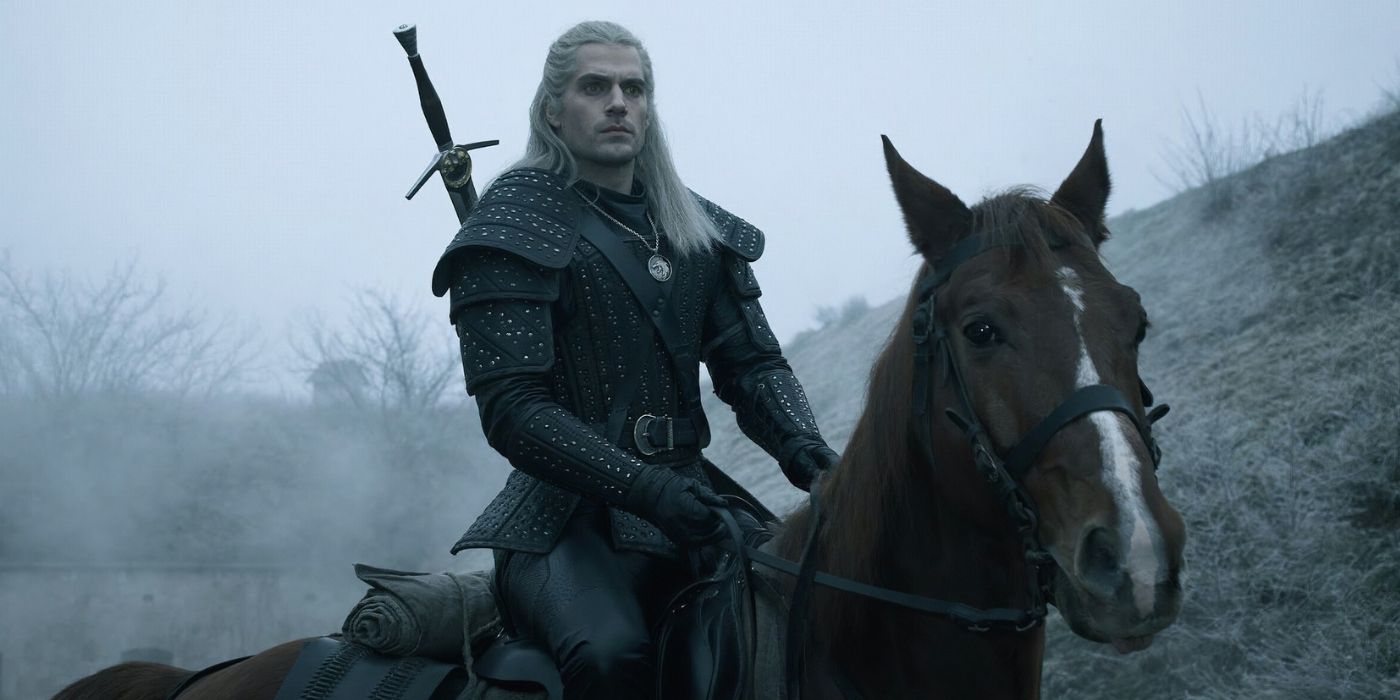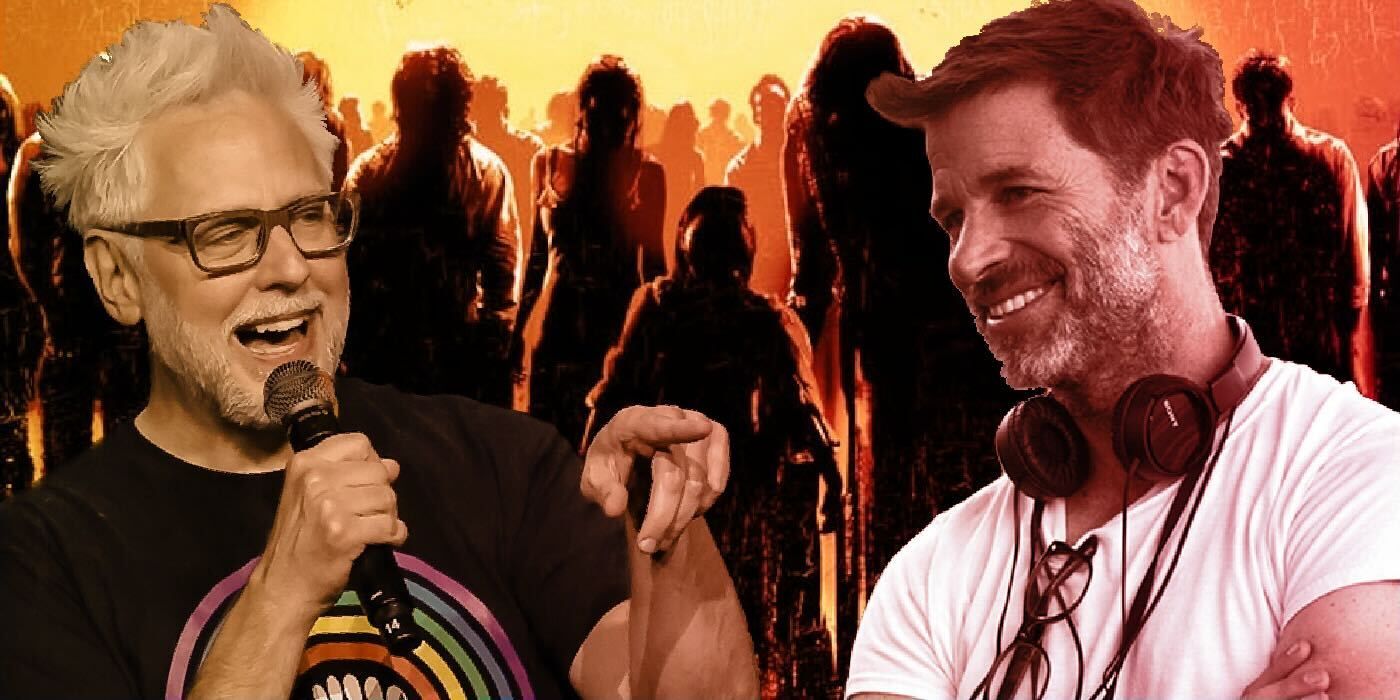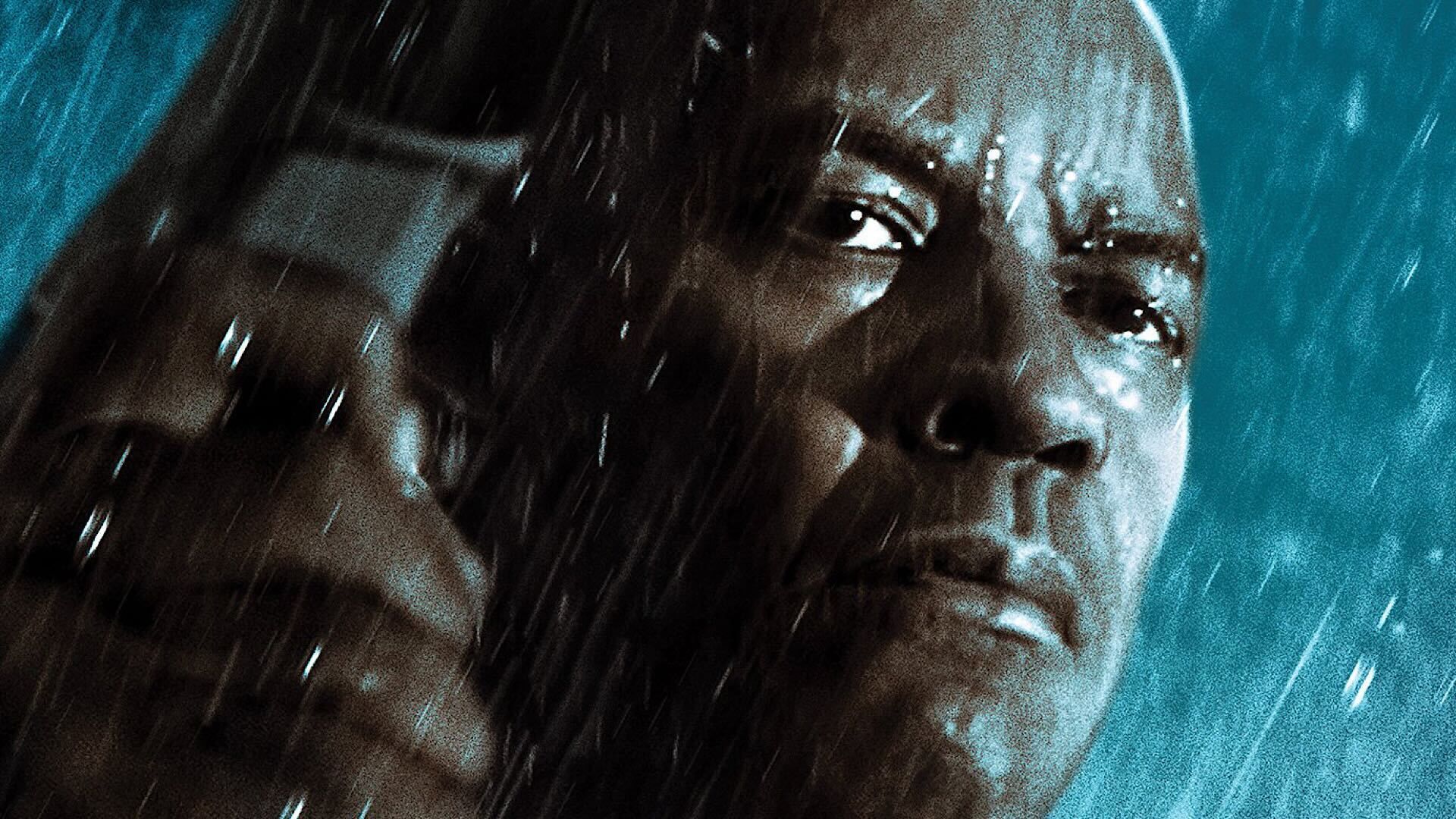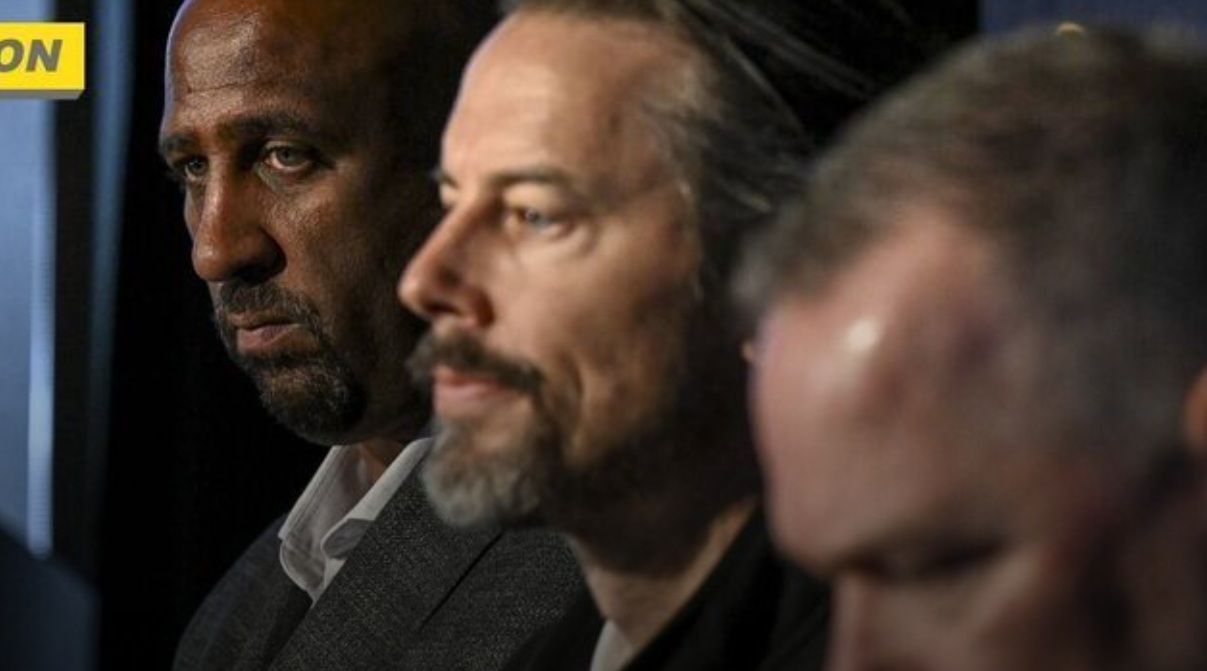It’s in this tension that the film finds its greatest strength. While Mira has to learn how to navigate the world as a sexual being on her own, eventually she realizes her mother is an ally, that she was once a girl just like her, and together they have an emotional bond and a shared female experience that is the strongest armor any girl could ask for.
“Brief History of a Family,” the debut feature of writer-director Jianjie Lin, also focuses on how the shadow of a country’s social past affects the lives of its students now, and how the fragile connections of a family can slowly be tweaked by an outsider. Set in post one-child policy China, Wei (Muran Lin) is the only son from a middle-class family. Not the best student, Wei is more interested in playing video games and making it on to an elite fencing team than he is in academic success.
After an incident at school, Wei befriends Shuo (Xilun Sun), a quiet, loner whose father may-or-may not be abusive. As Wei’s parents (Feng Zu and Keyu Guo) become more invested in the well-being of Shuo, Wei rebels and the cracks in the family’s shiny veneer begin to show. Worried about his son’s future, Wei’s father enrolls him in an English class so he can go to university abroad. “The future is staying in China,” Wei reminds him. “Not for you,” his father rebuts.
Much of the film’s sleek visuals appear to be an homage to the first sequence of Steven Spielberg’s “A.I.: Artificial Intelligence,” down to very specific shot compositions and use of lighting. It’s as if Lin were presenting the story of that film from the perspective of the couple’s biological son, whose roughness is laid bare by the robot designed to be the perfect son. In both cases, the weight of the family’s future is initially on the shoulders of this first, and for most of their life, only son. Lin’s film asks what happens to an individual in a social system that does not allow for that kind of individuality to thrive?
Throughout the film Lin and cinematographer Jiahao Zhang capture hypnotic visual repetitions. The windows of buildings, cars driving down the street, students walking to class, columns that hold up buildings. Everything is precise and exact and regulated. The film ends with Wei in his English class, mindlessly repeating words along with his classmates. In this rigid sea of repetition, Wei stops and stares down the barrel of the camera. Will he be lost in this conformity forever?
You can view the original article HERE.





























